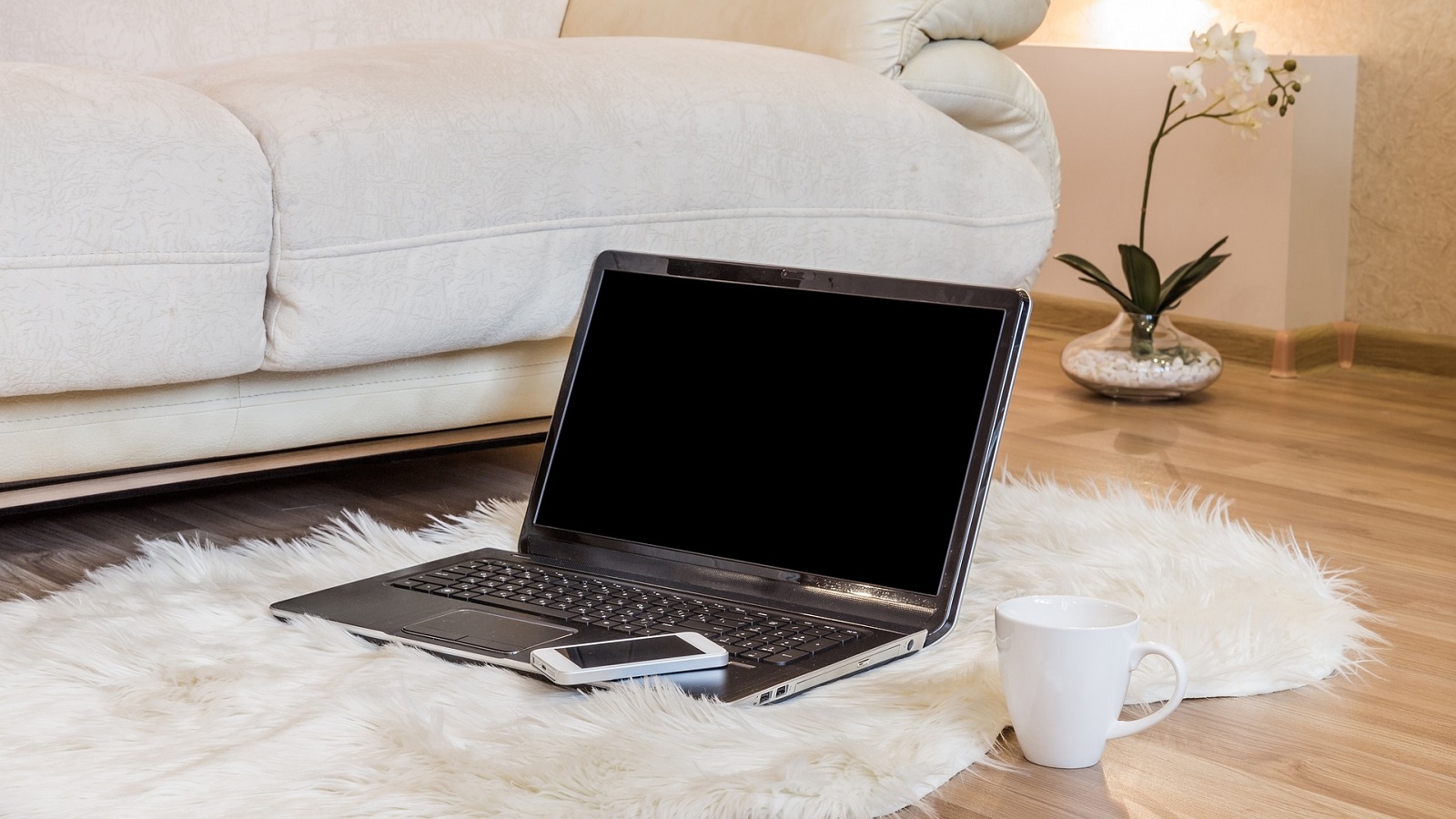
NFON has carried out the study ‘Wellness and work from home 22’, where they discuss the impact of the COVID pandemic and working from home. Starting with the question of life satisfaction, the study deals in depth with the numerous factors of stress and disorders derived from working from home, job change ambitions, trends towards self-medication, as well as the results of the teleworking paradox.
The study was directed by Professor Christian Montag, Professor of Molecular Psychology, author of books and expert in the influence of digital technologies on human psychology. «The results paint the picture, partly worrying, of working from home. In psychology, we know that a new work environment, as well as new work circumstances, can cause stress. The ‘Well-being and work from home 22’ Report shows that we have to face a new reality: caring for the well-being and life satisfaction of people who work from home must be the focus of attention. The home office is becoming the new home, it needs constant attention and care so that the new working model in Europe does not have to go to therapy»says Christian Montag.
The paradox of working from home
The change in the willingness of companies to let employees work from home, the present study reflects a partially contradictory image in the relationship between work and leisure. At first glance, for example, the results on the question of what has changed since working from home during the COVID-19 pandemic seem contradictory.
28% of those surveyed in European countries state that the amount of work to be done (workload) has increased, and for 25.2% the working hours have also. At the same time, 36% say they have achieved a better balance between work and personal life and more time for family and friends. Here’s what Christian Montag calls the work-from-home paradox: “People can work more and have more free time. The elimination of long commutes and, in general, a more flexible schedule throughout the day can mean that, if the organization is good, more time is available. Personalized work schedules, digital literacy and other well-being factors may also be the cause. For example, 29.4% say they spend more time exercising and also eating healthier.
Stress test working from home
Stress has many causes, and the European study Well-being and work from home 22′ tries to establish a map with a selection of stress factors. Among the participants, 37% reported feeling stressed to varying degrees. Among others, they mentioned as stress factors eating at home (8.7%), a poor Internet connection (17.2%) and constant accessibility (19.7%). On the other hand, the lack of social contact with colleagues is a stress factor for 35.3% and the absence of separation between private and professional life for 30.3%.
On the contrary, there are fewer who indicate environmental noise (15.9%) and poor remuneration (9.3%) as stress factors. Christian Montag explains: “the areas of work are also areas of life and, in the age of digitalization, they change constantly and very quickly. Every industry and every company has different requirements to which employees must subordinate. In the future, European companies must know that digital and psychology go hand in hand. Debates about burnout in the digital age or techno-stress are becoming more important. In fact, the global sample indicates that 20.5% suffer from technostress, for example, due to technical deficiencies such as defective routers, inadequate equipment, battery problems, etc. Technostress at home appears for nearly one in five study participants«.
Wellness through self-medication
Working from home is also changing the mindset of optimizing not only one’s physical and mental health and wellness with over-the-counter supplements, but also increasing the ability to focus and promoting relaxation. There is an emerging trend towards self medication among the European population working from home.
34.4% of respondents say they have taken non-prescription supplements (eg melatonin, legal hemp products, plant extracts, vitamins, calming tea) to improve their well-being since the start of the pandemic, 18.2% to increase concentration and 13.4% to recover. Although the data for the six countries is very similar, the situation in Italy and Austria is different; in Italy49.7% said they had taken supplements without a prescription to increase well-being, while in Austria it was less than half, at 22.1%.
Christian Montag adds: “Many investigations indicate that the COVID pandemic continues to be a stress factor today, manifesting itself in a significant reduction in the psychological well-being of many people and for this reason, as this study shows, some employees have resorted to supplements without prescription. In the study ‘Wellbeing and working from home 22’, 28.9% of respondents stated that their satisfaction had deteriorated compared to the time before the pandemic. When people have to continue to manage their daily lives in a personally and globally threatening situation, they use different coping strategies to be able to carry out daily tasks – including teleworking – despite the tension».
At the beginning of the pandemic, there was a jump in the intake of non-prescription supplements among those who declared consuming these preparations during the pandemic. The use of legal hemp products (eg CBD oil) to increase well-being has almost doubled since the start of the pandemic (24.9% before the pandemic, 43.3% since the start of the pandemic) . Also the consumption of melatonin: from 38% to 62.6%. Christian Montag: «In particular, Melatonin intake is worrying. Sleep is a natural process that should not be out of sync.”
Work space
In order to delve into the well-being of the respondents, they were also asked about the place where they work at home. According to the survey, 12.1% have moved their work space to the bedroom, 31.8% have a private office and 35.7% work from the living room. In all eight countries, the average space to work from home is 20.32 m². With 15.35 m², the British have the least space to work at home, while the Italians can spread over 23.81 m². 1.2% of the participants declare that they permanently work in the toilet, the bathroom, or on the balcony.
The results of the Wellbeing and Work from Home Report 22′ are worrying for the future and should constitute an alarm signal for European employers: 21.7% of those surveyed affirm that they have already planned their resignation due to the experiences lived during the pandemic and working from home, and 9.9% have already left their job. Some of the reasons why they have left their job are, for example, the lack of opportunities to fulfill themselves professionally (34.2%), poorer remuneration (for example, reduced hours or loss of commissions, 30.1 %) and permanent accessibility (16.6%).
Employees also plan other changes so that their well-being and their work are in harmony. For example, 33% want to achieve a clearer separation between private and professional life, and 20.9% want to adopt more training initiatives. In addition, there is a certain tendency to work during vacations and/or while sick. Christian Montag: «More and more people seem to be willing to take sick leave rather than take time off. Holidays or rest periods are a social achievement, a form of refuge in which to recover or recharge the battery». In fact, 38.3% consider that working from home is an advantage because they can work despite being sick and only 26.2% state that they will not be available for their company during their vacations.



